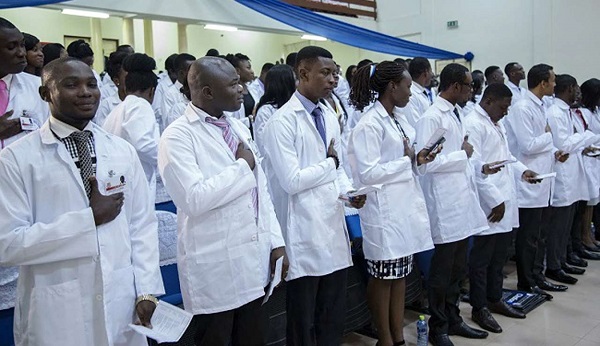
The recent approval by the Federal Executive Council (FEC) of $1.07 billion for healthcare sector reforms and an additional N4.8 billion for HIV treatment represents a significant investment in Nigeria’s health system.
These funds, sourced through World Bank concessional loans and international grants, are aimed at expanding primary healthcare services, recruiting and training more health workers and ensuring uninterrupted HIV treatment for thousands of Nigerians.
While the government praises this as a transformative step, many Nigerians in Abuja are eager to understand how it will affect their daily lives and access to quality healthcare.
One of the most critical aspects of this funding is the $500 million allocated to strengthen primary healthcare (PHC) services across the country. For many Nigerians, especially those in rural and underserved areas, this could mean better-equipped primary health centres with essential medicines and supplies, improved emergency maternal and child health services, and enhanced immunisation programs to protect children from deadly diseases.
Nigeria’s healthcare system has long struggled with overburdened tertiary hospitals, often forcing citizens to travel long distances for basic healthcare needs. Dr. Gabriel Adakole stated that strengthening PHCs would allow more people to access quality care closer to home, thereby reducing the pressure on major hospitals.
A major concern among Nigerians has been the shortage of doctors, nurses, and community health workers, which has resulted in long wait times and inadequate medical care. Adakole noted that the HOPE programme funding would support the recruitment, training, and retention of healthcare workers at both state and local government levels.
For patients at the Federal Medical Centre (FMC) in Jabi, this could translate to shorter waiting times at clinics and hospitals, more skilled personnel available for medical emergencies and routine care and reduced strain on existing healthcare workers, leading to better service delivery.
Mrs. Lydia Mainasara, a patient in the maternity ward, expressed that with more trained professionals available, Nigerians in both urban and rural areas could benefit from higher-quality medical care and improved health outcomes.
The approval of N4.8 billion for HIV treatment means that 150,000 Nigerians living with HIV (PLHIV) will have uninterrupted access to life-saving medication over the next four months. This is crucial for ensuring that patients remain on treatment, which helps prevent drug resistance and further transmission of the virus.
For many PLHIV in the Federal Capital Territory (FCT), the cost of antiretroviral drugs (ARVs) has been a significant challenge. With government-funded treatment, access to ARVs will become more affordable and reliable. Fewer disruptions in treatment will lead to improved health and quality of life, in addition to advancing Nigeria’s HIV response efforts toward global targets.
The FEC also addressed the impact of recent U.S. policy changes on global health funding, which could affect Nigeria’s programmes for HIV, tuberculosis and malaria. The government has established a multi-ministerial committee to create a transition plan, ensuring that those dependent on these programs do not face disruptions. Experts believe this signals a shift towards increased domestic health financing, reducing reliance on foreign donors.
While this is a positive step, stakeholders warn that Nigerians should closely monitor how effectively the government can sustain these critical health services with local resources.
The FEC’s decisions signal a renewed commitment to improving healthcare delivery in Nigeria. However, stakeholders emphasise that while the funding presents an opportunity for progress, effective implementation, transparency and accountability will determine whether Nigerians truly feel the impact.
For the average Nigerian, these approvals should lead to more accessible and affordable healthcare services, better-trained healthcare professionals in hospitals and clinics, reduced maternal and child mortality rates through strengthened PHC and uninterrupted HIV treatment.
As the government rolls out these initiatives, Nigerians can expect to see real improvements in healthcare facilities, workforce capacity and overall health outcomes in the coming months.

